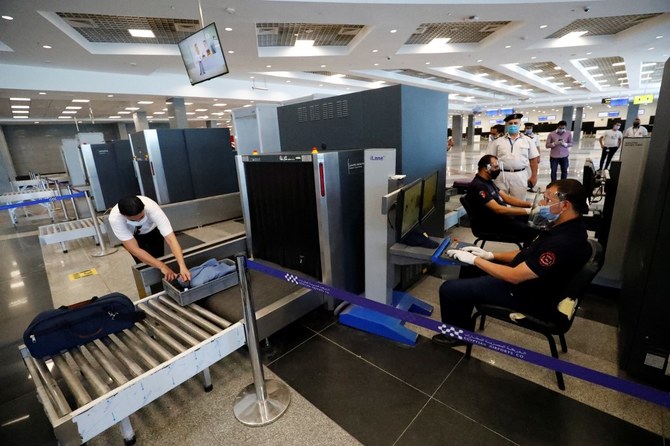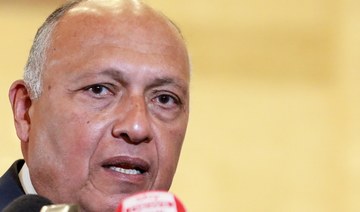Cairo: Customs officials at Cairo International Airport recently thwarted attempts by passengers to smuggle a range of banned items into Egypt.
A sword, e-cigarette capsules containing drugs, wireless devices, tools used in casinos, antique coins, and a set of binoculars were among the items uncovered.
The sword was found inside a wooden case in the baggage of an EgyptAir passenger arriving in Cairo from Dar es Salaam, in Tanzania.
Another individual flying with EgyptAir, this time from New York, was stopped and discovered to be in possession of five electronic hookah capsules containing marijuana oil, 10 wireless devices that should have had a special permit, and 37 gambling accessories.
In addition, a traveler jetting in from Dublin, in Ireland, was caught carrying three antique coins, and a pair of binoculars. Two of the coins were from the Moroccan Alawites era, and the other was Roman.
Legal action is being taken against all three passengers.
Separately, Cairo airport officials foiled a bid by an Egyptian passenger to smuggle a large quantity of cosmetics into the country.
Also, a foreign passenger of Egyptian origin was found in possession of a telescope used in firearms, and an Egyptian national was discovered to be concealing two daggers. They were referred to the prosecution.













